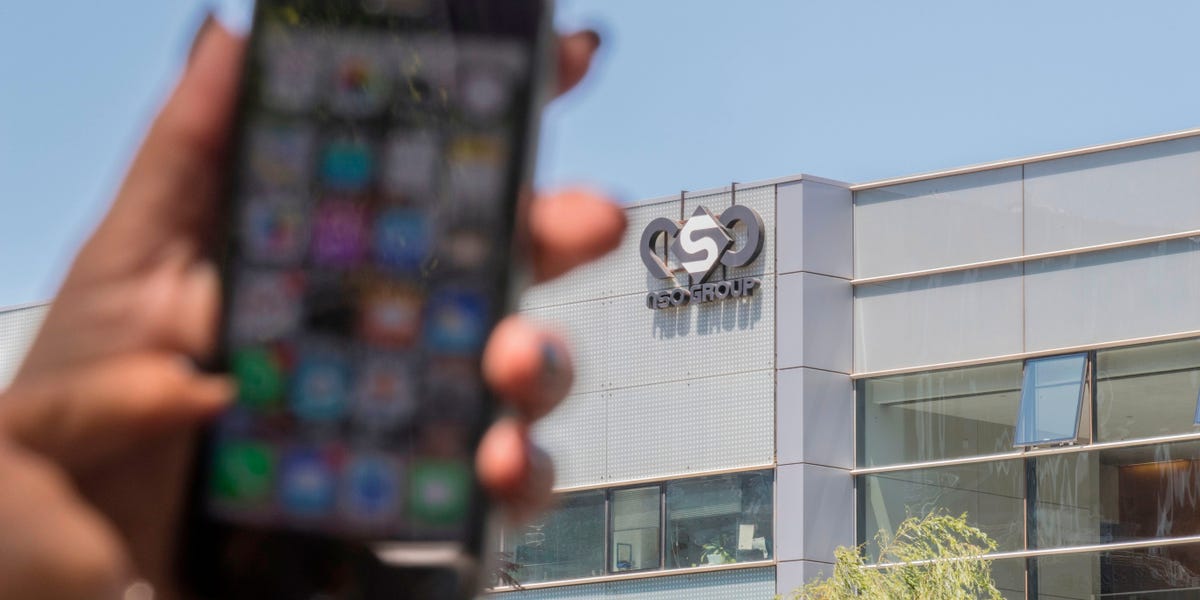Military-Grade Spyware Used to Hack Journalists, Activists: Washington Post
- Military-grade spyware technology was used to hack the smartphones of journalists, activists, and executives, The Washington Post reported.
- Some of the affected journalists worked at outlets including CNN and The New York Times.
- The 37 numbers appeared on a list of 50,000 phone numbers in countries with a history of conducting surveillance on their own citizens, according to the report.
- See more stories on Insider’s business page.
Military-grade
spyware
technology software created by an Israeli company that sells it to governments for the purpose of countering terrorism and criminal activity was used to target the smartphones of 37 journalists, activists, and business executives, the Washington Post reported Sunday.
The investigation was conducted by the Post and 16 other media partners, according to the report.
Among those who were the subject of attempted smartphone hacking, which used software called Pegasus, include journalists working at CNN, the Associated Press, the New York Times. the Wall Street Journal, Bloomberg, and Voice of America in the US. Targets also included journalists working for Le Monde in France, the Financial Times in London, and Al Jazeera in Qatar, according to the Post report.
Two women connected to the Saudi journalist Jamal Khashoggi, who was murdered in October 2018 in a Saudi consulate in Istanbul, were also on the list, according to the report.
The 37 numbers appeared on a list of 50,000 phone numbers originating mostly from countries with a history of conducting surveillance on their own citizens and those who have a relationship with the Israeli cyber-surveillance firm NSO Group, which created and sells the Pegasus software, according to the Post.
The list was shared with media outlets by the Paris-based non-profit Forbidden Stories and by Amnesty International, according to the report.
The list does not identify who placed the numbers on it. More than 15,000 of the phone numbers on the list were from Mexico while another sizable chunk of numbers came from the Middle Eastern countries, including the United Arab Emirates, Qatar, Saudi Arabia, Bahrain, and Yemen, according to the Post.







